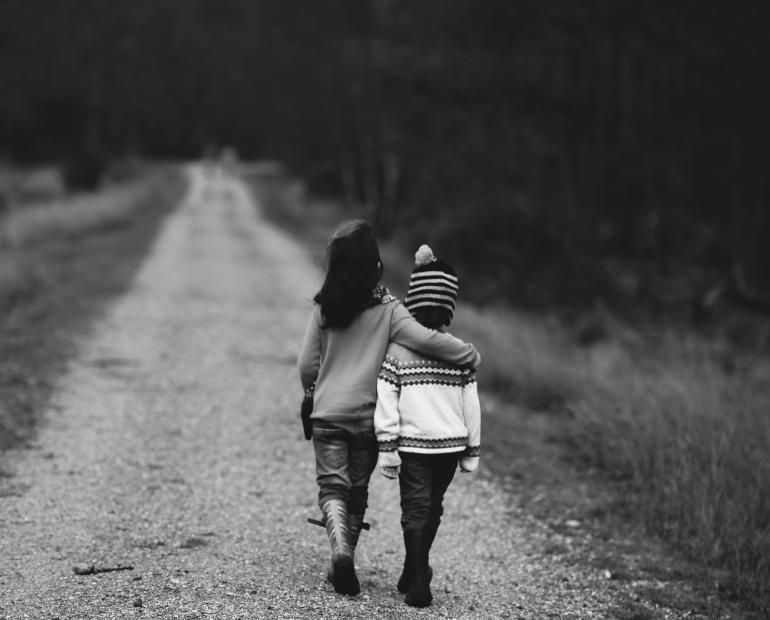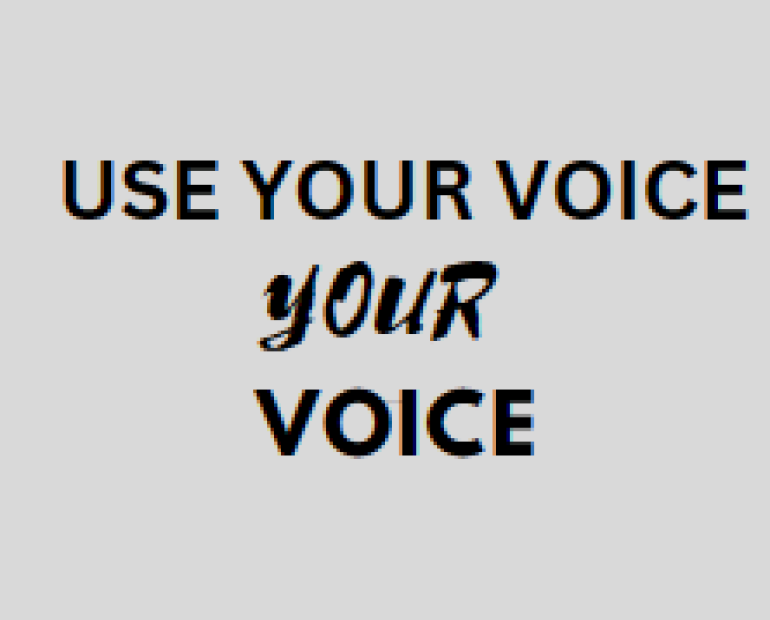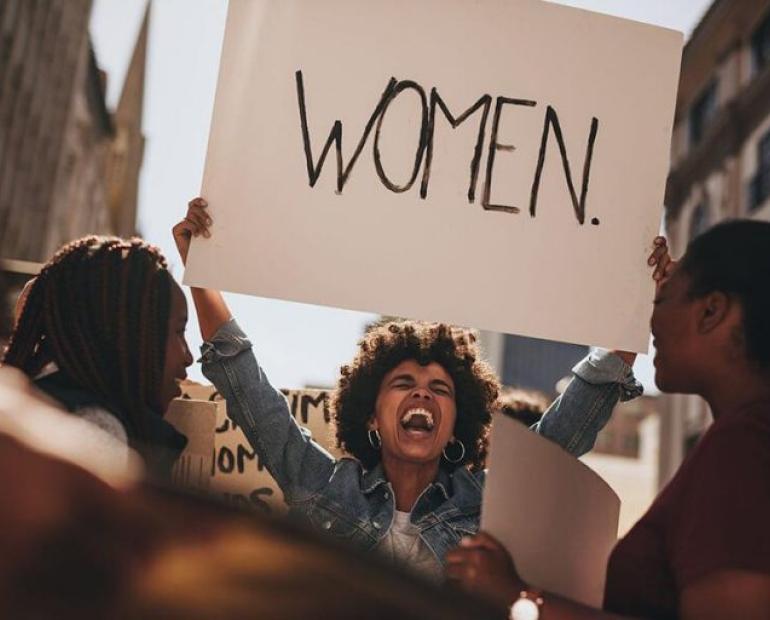
The current world population stands at approximately seven billion and a half billion, with more than 5000 different ethnic groups and 4200 different religions. Suffice it to say that human population is very diverse. Some call it a "melting pot", others a "cultural mosaic", "salad bowl", and even "kaleidoscope".
However, many people fight over their differences in culture and religion instead of celebrating these differences, and culture and religion are often used in nefarious ways to drive forward white supremacy, sexism/misogyny, and terrorism, amongst others.
Historically, in most societies, racism was rampant, and the darker your skin, the more discrimination you would face; and women were deemed worthless and incapable of being anything other than a child-bearing machine. Disabled people were seen as cursed or possessed by demons, or their disabilities a result of a personal moral failure. Poor people were cast aside and trodden upon. LGBTQ people, though accepted in some communities, became the subject of anti-LGBTQ laws, especially as a result of colonialism. These are problems that the world is plagued with to date.
This is not to mean that throughout history there weren’t documents or legislations that asserted individual rights. Throughout much of history, people acquired rights and responsibilities through their membership in a group, be it a family, an indigenous nation, religion, class, community, or state. This is proven by the existence of thousands of ancient legislative or instructive texts. Two of the oldest ancient texts are the Instructions from Shuruppak (2600BCE) which was intended to teach proper piety, inculcate virtue, and preserve community standards; and the Code of Urukagina (2400BCE) which is praised as the first recorded example of government reform seeking to achieve a higher level of freedom and equality. Popularly known ancient texts that address questions of people’s duties, rights, and responsibilities include the Hindu Vedas, the Babylonian Code of Hammurabi, the Bible, the Quran, and the Analects of Confucius. In addition, Native American sources, the Inca and Aztec codes of conduct and justice and the Iroquois Constitution, existed well before the 18th century.
In fact, throughout history, all societies have had proprietary and justice systems, be it in oral or written form. Most societies have had traditions similar to "Do unto others as you would have them do unto you." Even before the Universal Declaration of Human Rights (UDHR) in 1948, documents that asserted individual rights such as the Magna Carta (1215), the English Bill of Rights (1689), the French Declaration on the Rights of Man and Citizen (1789), and the US Constitution and Bill of Rights (1791), were already present, and, ultimately, led up to the UDHR.
But despite the existence of these documents and traditions, when policies were formulated, women, people of colour, and members of certain social, religious, economic, and political groups were often excluded. Despite these documents, the belief that everyone, by virtue of her or his humanity, is entitled to inalienable human rights was not something that was acknowledged. Genocides, wars such as the American Civil War and World War II and resistance movements such as anti-colonialism freedom fighters like the African National Congress and the Mau Mau, both of which were declared terrorist organisations as an attempt to discredit them, propelled human rights concerns onto the global stage and into the global conscience.
It was after World War II that the United Nations Charter was drafted (1945) and, later on, the UDHR. The preamble of the UDHR states that recognition of the inherent dignity and inalienable rights of all members of the human family is the foundation of freedom, justice and peace with the world. This preamble stands true as most of the wars that have happened through history were as a result of social/political/economic ideologies that oppressed a group of people while benefitting a different group of people.
And while the UN and the UDHR have played a role in easing the tension, the world is yet to learn how to function as a multicultural and multi-religious society. There are still numerous issues we need to fix, including racism, sexism/misogyny, discrimination of LGBTQ persons, ableism, religious persecution, and the eradication of poverty, amongst others.
There is tension arising in many parts of the world due to issues such as these. Making matters even more difficult, discrimination is often institutionalized, in addition to being individual. And while individual discrimination can be addressed by each person treating the next person as a human being with inalienable rights and freedoms instead of being discriminative towards them for whatever reason, to address institutionalized discrimination, entire institutions have to be reformed or even done away with entirely. This is not an easy feat, and certainly not one that the powerful and privileged will take lying down. Nonetheless, it must be done, because, without a correct understanding and respect of the human person’s freedom, society is bound to collapse upon itself as the friction created is a ticking time bomb.






